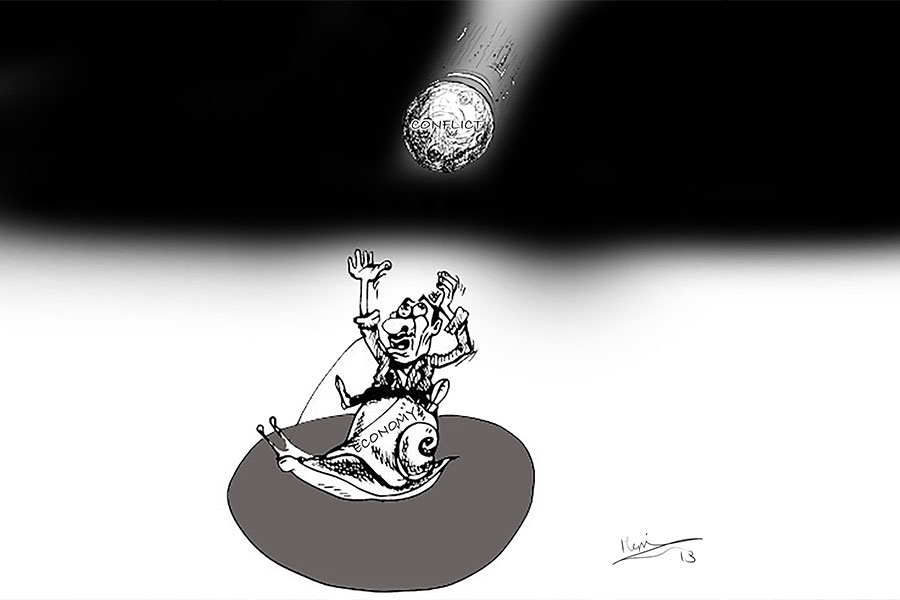
Editorial | Nov 21,2020
Nov 21 , 2020
By Eden Sahle
It is our sad reality that every generation in Ethiopia sees armed conflict, however justifiable those that engage in it believe it to be. If there is an immediate reason to why we remain divided, poor and uneducated, this is it. In my family, as in many others, this has been the case for three generations.
Around the early years of the Dergue, the Marxist-Leninist leaning military junta that ruled Ethiopia with an iron fist for 17 years, my parents were happily married young newlyweds. They lived through the Red Terror, which wiped out the crème de la crème of that era's youth, and then the Ethio-Somalia War. This is not to forget the civil war that was raging in the country throughout the entirety of the Dergue'stime in power.
It was a horrific time for them to witness. They saw bodies of the young on the streets almost daily. They lost family members, friends and neighbours. They lived each day trying to forget the last and dreading what may come the next. The unspeakable horrors were too much for anyone to withstand, let alone for children who have not yet developed the strength to weather the ordeal of warfare. There still is a deeply traumatic memory attached to that time. Anyone that lived through them doubtlessly remembers.
It was with this reason that my parents decided not to start a family. They felt guilty to bring us into a country that could not offer hope or was not even ready to protect us.
Toward the end of that war, they believed it was safe enough. When the Derguefinally fell, it seemed that a new light had dawned. In reality, only the battle lines had moved. Before the millennium was over, Ethiopia was at it again. Another war, this time with the newly independent state of Eritrea. Once again, more devastation, loss of lives and economic ruin. By the end, my parents found one another on the other side of the Mereb River, never to see each other until relations were normalised between the two countries two years ago.
We hoped that would be enough. But now, it is my generation’s turn. Even my two-year-old nephew has now technically lived through armed conflict. His mother and father now live with fear of what the day may bring for their children. Instability, panic and conflict are what bind the generations now.
This new danger is the engagement in conflict between the forces of the federal and Tigray regional governments. We saw what unraveled over the past two years as an inevitability. We are now paying witness to a conflict we hope does not get any worse. Once again, our country is the talk of the world, making global headlines for armed violence and the attack on innocent civilians by armed groups.
Just like preceding generations, violence is leading us into anguish, harming those with low incomes the most. Hatred is entrenching itself deep into our hearts, damaging yet another generation.
Ethiopian history is proof that the psychological impact of armed conflicts is profound on the public. It is leading the nation into a vicious cycle of conflict, in which the next generation struggles to rebuild peaceful societies following the trauma of violence.
This lethal mindset will continue to eat away our hope in our country's future and darkens the light for our collective advancement as people in one multi-culturally diverse nation.
It is a wonder how much lost opportunity, how much tarnished potential there needs to be before we learn to settle our differences amicably and focus on pulling people out of poverty. How long before we notice that such violence keeps making us poorer and a weaker society.
When antagonism becomes our default state, there will not just be economic havoc, but higher levels of criminality and political and social unrest. We will continue to hunger for peace, harmony and development in our stubbornly volatile country.
Ethiopia can thrive if its government acts now to divert their ambition and enthusiasm from armed conflict to build and unite our divided nation. It is never too late to address problems. What is needed is a comprehensive policy agenda and political will to address the political, cultural and economic needs of the majority of Ethiopians that remain destitute and on the margins.
The rule of law must reign supreme, and leaders must learn to compromise to address their differences. The action of Ethiopian governments to address this will be the single most important factor determining whether the next generation becomes lucky enough to grow up in a country that has not seen conflict ever again.
PUBLISHED ON
Nov 21,2020 [ VOL
21 , NO
1073]

Editorial | Nov 21,2020

Editorial | Nov 14,2020
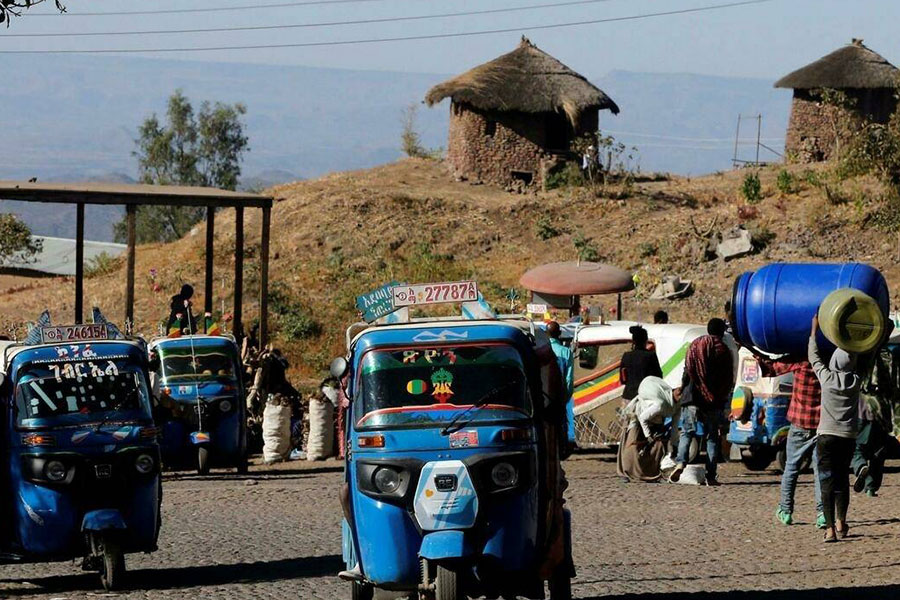
Agenda | Nov 06,2021
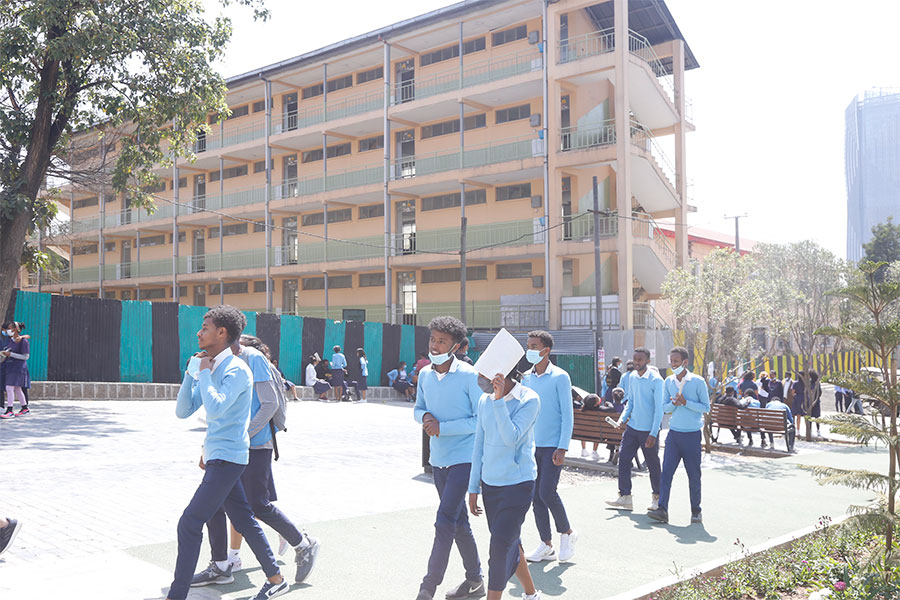
Agenda | Nov 13,2021
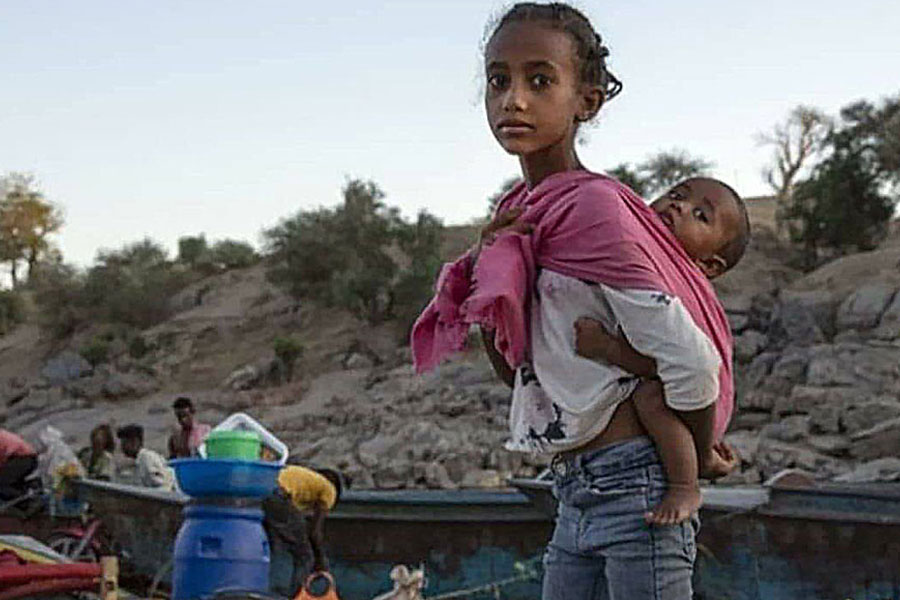
Fortune News | Jan 09,2021

Viewpoints | Jun 03,2023

Viewpoints | Feb 27,2021
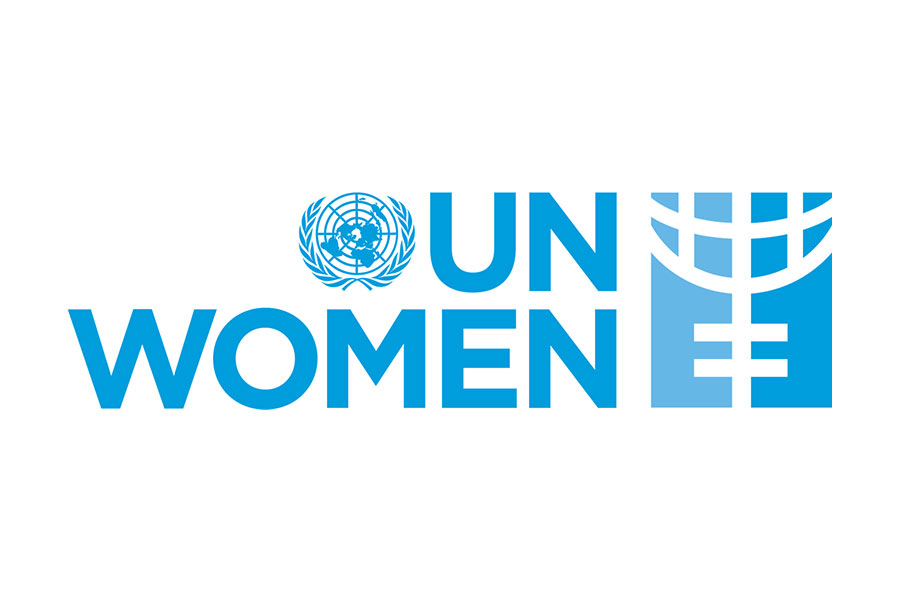
Sponsored Contents | Oct 25,2021
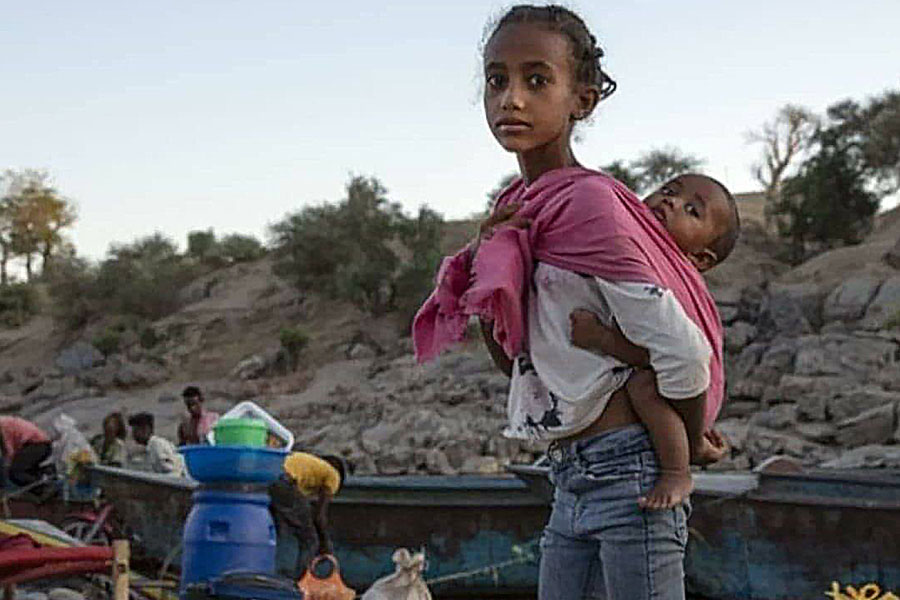
Fortune News | Dec 05,2020

Editorial | Nov 29,2020

Photo Gallery | 180580 Views | May 06,2019

Photo Gallery | 170773 Views | Apr 26,2019

Photo Gallery | 161853 Views | Oct 06,2021

My Opinion | 137295 Views | Aug 14,2021

Dec 22 , 2024 . By TIZITA SHEWAFERAW
Charged with transforming colossal state-owned enterprises into modern and competitiv...

Aug 18 , 2024 . By AKSAH ITALO
Although predictable Yonas Zerihun's job in the ride-hailing service is not immune to...

Jul 28 , 2024 . By TIZITA SHEWAFERAW
Unhabitual, perhaps too many, Samuel Gebreyohannes, 38, used to occasionally enjoy a couple of beers at breakfast. However, he recently swit...

Jul 13 , 2024 . By AKSAH ITALO
Investors who rely on tractors, trucks, and field vehicles for commuting, transporting commodities, and f...

Nov 1 , 2025
The National Bank of Ethiopia (NBE) issued a statement two weeks ago that appeared to...

Oct 25 , 2025
The regulatory machinery is on overdrive. In only two years, no fewer than 35 new pro...

Oct 18 , 2025
The political establishment, notably the ruling party and its top brass, has become p...

Oct 11 , 2025
Ladislas Farago, a roving Associated Press (AP) correspondent, arrived in Ethiopia in...

Nov 2 , 2025
The National Bank of Ethiopia (NBE) has scrapped the credit-growth ceiling that had s...

Nov 2 , 2025 . By SURAFEL MULUGETA
The burgeoning data mining industry is struggling with mounting concerns following th...

Nov 2 , 2025 . By YITBAREK GETACHEW
Berhan Bank has chosen a different route in its pursuit of a new headquarters, opting for a transitional building instea...

Nov 2 , 2025 . By BEZAWIT HULUAGER
Nib International Bank S.C. has found itself at the epicentre of a severe governance...